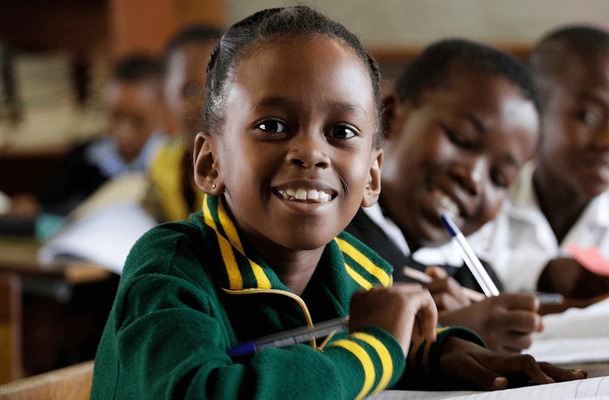Editorials
Addressing Nigeria's Educational Gap For Sustainable Development
An overview of challenges facing education in Nigeria and solutions to them
Report by: Kosi Esther Okeke
9th August 2023 01:51 PM 

Education is the process of acquiring knowledge, skills, values, and attitudes through formal or informal learning experiences. It is a lifelong journey that empowers individuals to understand the world around them, develop critical thinking abilities, and contribute to society in meaningful ways.
Formal education typically takes place in schools, colleges, and universities, where structured curricula and qualified teachers facilitate learning across various subjects and disciplines.
A 2022 UNESCO report Stated that approximately 20 million Nigerians of its about 200 million population are not enrolled in school.
The UN agency said this amount to 20 percent of Nigeria's entire population and is more than the overall population of various countries in Africa.
In September 2021, United Nation children funds said Nigeria had one of the highest numbers of out-of-school children in the world, with over 10 million children aged 5 to 14 not attending school. This figure represents a significant portion of the population without access to formal education, and experts believe the figure may be high due to Nigeria’s current economy and poverty challenge.
Some of the challenges facing education in the country include the following:
- Out-of-School Children: Nigeria has one of the highest numbers of out-of-school children globally. According to UNICEF, over 10 million children aged 5 to 14 were not attending school in Nigeria.
- Gender Disparities: Girls are disproportionately affected by the lack of education. Cultural norms, early marriages, and socioeconomic factors often hinder girls' access to education.
- Quality of Education: Even for those who attend school, the quality of education has been a concern. The sector has been bedeviled with inadequate infrastructure, poorly trained teachers, and outdated curricula which has largely impacted the learning outcomes.
- Poverty and Education: Poverty is a major barrier to education in Nigeria. Many families cannot afford school fees, uniforms, or educational materials.
- Insurgency and Conflict: Ongoing conflicts and insecurity in some regions, such as the Boko Haram insurgency and kidnapping in some parts of the country have disrupted education and forced schools to close, further exacerbating the education crisis.
- Religious Belief: Some parents' religious belief or background are against western education especially that of the girl child.
Potential Solutions:
- Increased Funding: The Nigerian government should allocate more resources to education, with the aim to improve infrastructure, teacher training, and learning materials.
- Addressing Gender Disparities: Implementing policies and initiatives that encourage and support girls' education can help close the gender gap.
- Free and Compulsory Education: Making basic education free and compulsory can ensure that more children have access to schooling.
- Community Engagement: Involving local communities in education initiatives can help address cultural barriers and increase awareness of the importance of education in Nigerian communities.
- Teacher Training and Support: Investing in the professional development of teachers can enhance the quality of education and improve learning outcomes.
- Use of Technology: Leveraging technology in education can extend learning opportunities, especially in remote areas.
- Peacebuilding and Conflict Resolution: Addressing security issues and promoting peacebuilding efforts can create a safer environment for students and teachers.
- Public-Private Partnerships: Collaboration between the government, private sector, and NGOs can enhance the effectiveness and reach of education initiatives.
It is however essential to recognize that improving the level of education in Nigeria is a complex and multifaceted challenge. Progress will require sustained commitment, collaboration among stakeholders, and continuous efforts to overcome the various barriers hindering access to quality education.
![]()
